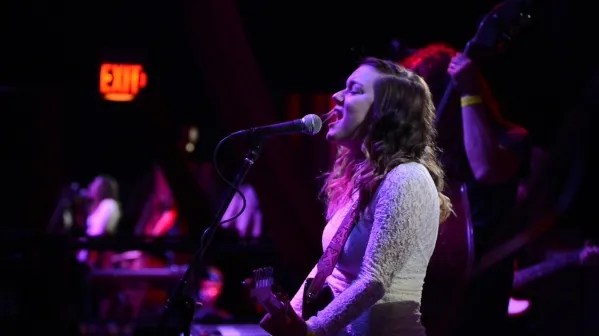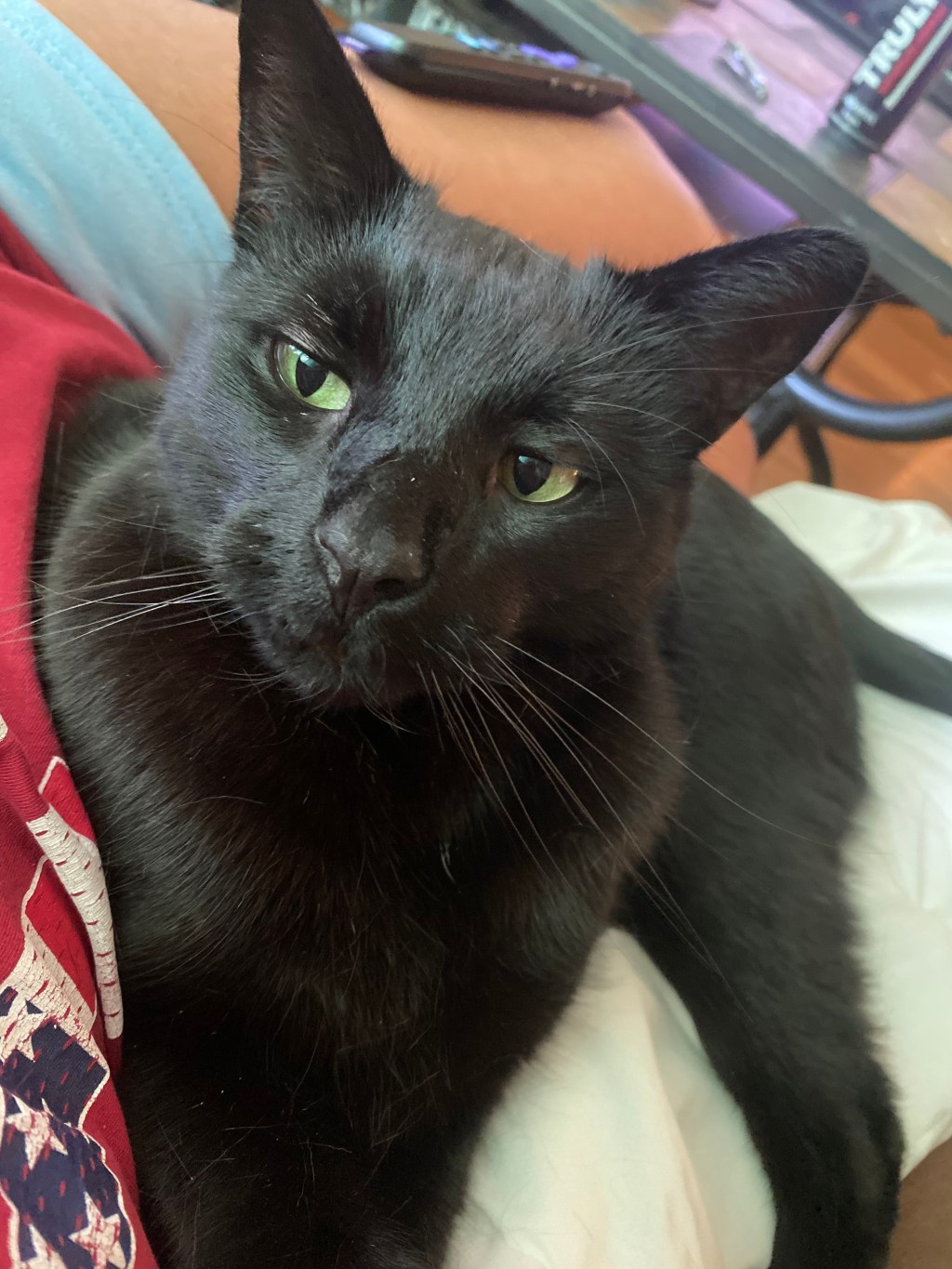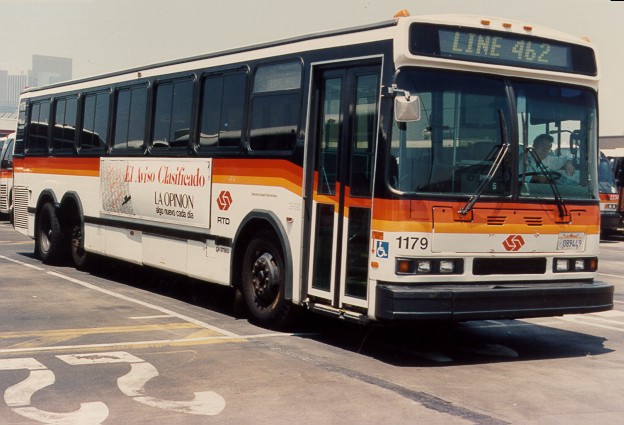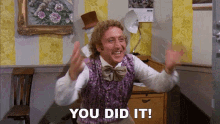-
Wine Bar
Lots of guys say they peaked in high school, others in college. They long for those…
-
Poem: Riding Double
Riding double on a bicycle I can still feel that other kid between my legs As…
-
Poem: Resting Place
There are things in your house That are only stored there Because you Or someone else…
-

Openers
“I’m going to try to get there early and see the opener. Not sure where in…
-

Salem
Cats It had been exactly a year since the separation from my wife of twenty years.…
-

The Bus
It’s coming! Is it coming? Can you see it? You wander out into the street. You…
-

Three Weird Things in an Austin Hotel
I went to a business conference in Austin, Texas in January of 2019, and a bunch…
-

Pam and the Posinators
Carol’s text to the group came at 7:20 a.m. “Hi all. I just received a message…
-

The Fifty: Part VI – Number One
Click here for Part I: The ProjectAnd here for Part V: 2 to 10 OK, you…

